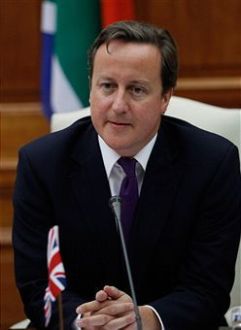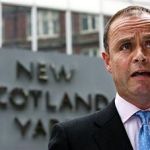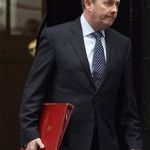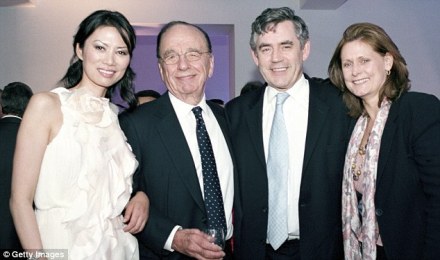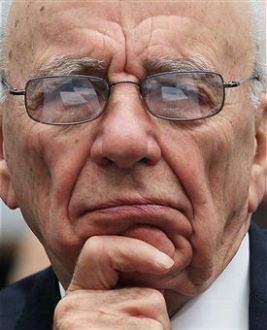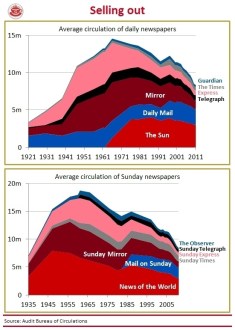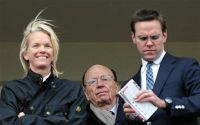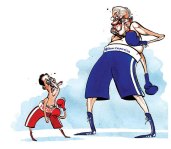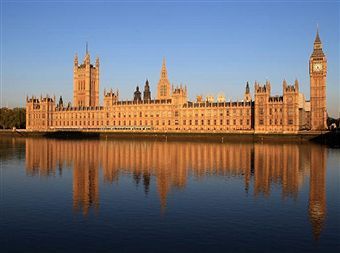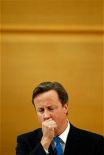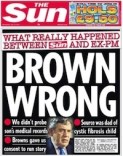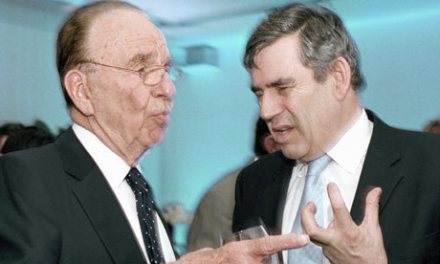How Cameron can regain some initiative
The phone hacking scandal has now been leading the news for a fortnight straight. When a story has been on the front pages for this long, it develops its own momentum. If we were on day two of the story, I very much doubt that Sir Paul Stephenson would have resigned as quickly as he did or if David Cameron would have agreed so readily to extending the parliamentary session. Cameron is now out of the country, allowing Ed Miliband to stay on the front foot. The danger for Cameron is that Miliband constantly appears to be half a step ahead of the PM. Miliband’s line that Cameron is ‘hamstrung’
